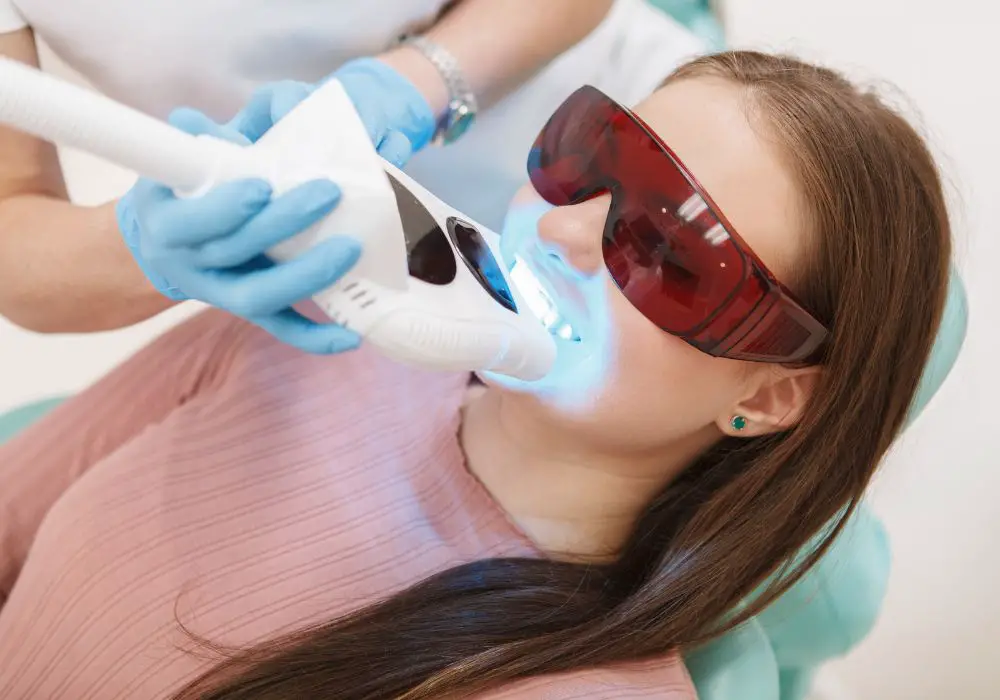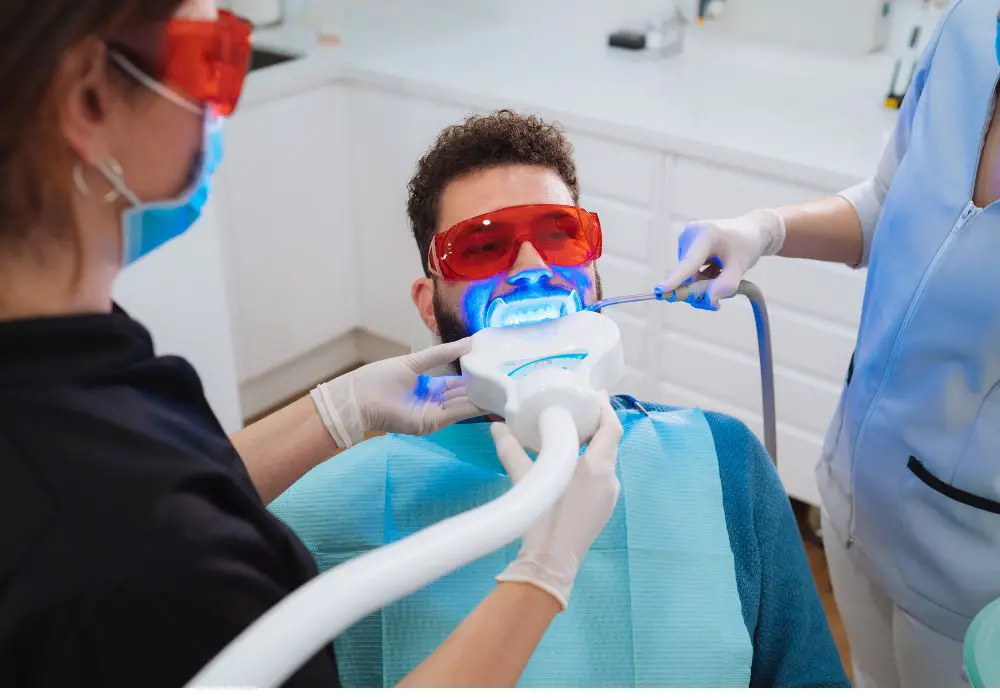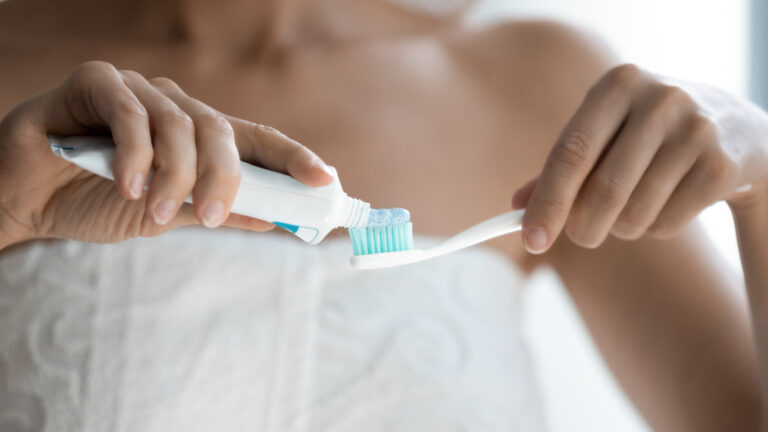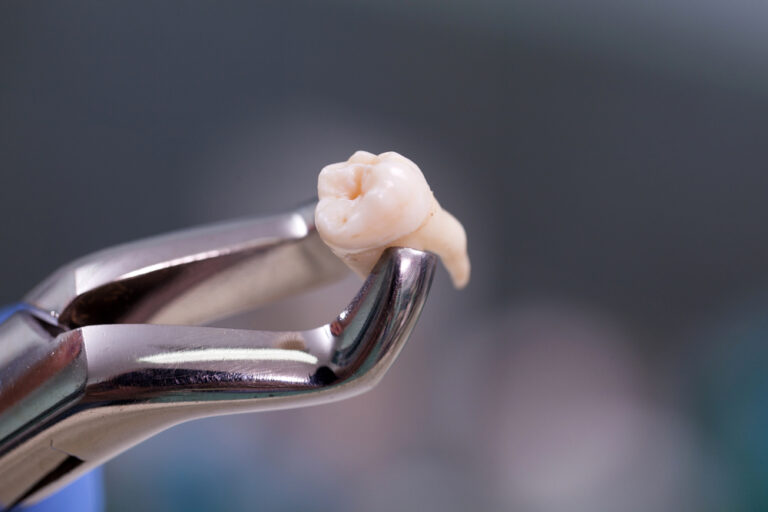Are you looking to brighten your smile? Teeth whitening is a popular cosmetic dental treatment that can help you achieve a brighter, more confident smile. But can you ask your dentist to whiten your teeth? The answer is yes, in most cases.
Your dentist can offer a variety of teeth whitening options, including in-office treatments and take-home kits. In-office treatments typically provide faster and more dramatic results, while take-home kits may take longer to achieve the desired level of whitening. Your dentist can help you determine which option is best for you based on your individual needs and preferences. However, it’s important to note that not everyone is a good candidate for teeth whitening.
Understanding Teeth Whitening
What Is Teeth Whitening?
Teeth whitening is a cosmetic dental procedure that lightens the color of your teeth. It is a popular procedure that helps to remove stains and discoloration from your teeth, giving you a brighter, more confident smile. There are several methods available for teeth whitening, including in-office treatments, at-home treatments, and over-the-counter products.
How Does Teeth Whitening Work?
Teeth whitening works by using a bleaching agent to break down the stains on your teeth. The most common bleaching agent used is hydrogen peroxide. The concentration of the hydrogen peroxide used will vary depending on the method of teeth whitening you choose.
In-office treatments typically use a higher concentration of hydrogen peroxide than at-home treatments. The bleaching agent is applied directly to your teeth and activated with a special light. In-office treatments usually take about an hour and can lighten your teeth by several shades.
At-home treatments usually involve using a custom-fitted tray that you fill with a bleaching gel and wear for a specified amount of time each day. At-home treatments can take several weeks to achieve the desired results, but they are generally less expensive than in-office treatments.
Over-the-counter products such as whitening toothpaste and whitening strips are also available. These products typically contain a lower concentration of hydrogen peroxide than in-office or at-home treatments and may take longer to achieve the desired results.
It is important to note that teeth whitening may not be effective for all types of discoloration. For example, teeth that are discolored due to injury or medication may not respond to teeth whitening treatments. It is best to consult with your dentist to determine if teeth whitening is right for you.
Role of Dentists in Teeth Whitening

If you’re considering teeth whitening, you may be wondering if you should ask your dentist to do it for you. Here’s what you need to know about the role of dentists in teeth whitening.
Professional Teeth Whitening
Dentists can provide professional teeth whitening services that are more effective than over-the-counter products. Professional whitening can be done in the dentist’s office or with custom-made trays that you take home.
In-office whitening typically involves applying a high-concentration bleaching gel to your teeth, which is activated by a special light. This process can take one to two hours and can produce immediate results.
Take-home whitening involves using custom-made trays that fit your teeth perfectly. You fill the trays with a lower-concentration bleaching gel and wear them for a specified amount of time, usually for a few hours a day or overnight. This process can take several days or weeks to achieve the desired results.
Benefits of Dentist-Supervised Whitening
One of the primary benefits of having your teeth whitened by a dentist is that they can customize the treatment to your specific needs. Dentists can assess the condition of your teeth and gums, as well as your overall oral health, to determine the best whitening method for you.
Another benefit of dentist-supervised whitening is that it’s safer than using over-the-counter products. The bleaching agents used in professional whitening are stronger than those in store-bought products, but dentists can take steps to minimize sensitivity and protect your gums from irritation.
Finally, having your teeth whitened by a dentist can give you peace of mind. You’ll know that you’re getting a safe and effective treatment that’s tailored to your needs, and you’ll have the support of a dental professional throughout the process.
In summary, dentists play an important role in teeth whitening. They can provide professional whitening services that are more effective and safer than over-the-counter products, and they can customize the treatment to your specific needs. If you’re considering teeth whitening, it’s worth talking to your dentist to see what options are available to you.
Asking Your Dentist for Teeth Whitening
Teeth whitening is a popular cosmetic dental procedure that can help improve the appearance of your smile. If you’re considering teeth whitening, your dentist can help you determine if it’s the right option for you. Here are some tips on how to ask your dentist about teeth whitening.
When to Consider Teeth Whitening
There are several reasons why you may want to consider teeth whitening. Some of the most common reasons include:
- Stained or discolored teeth due to aging, smoking, or drinking coffee, tea, or red wine
- Yellow or brown teeth due to genetics or medication use
- Uneven color or blotchy spots on your teeth
If you’re unhappy with the color of your teeth and want to improve your smile, teeth whitening may be a good option for you. However, it’s important to keep in mind that teeth whitening may not be suitable for everyone. Your dentist can help you determine if teeth whitening is right for you.
How to Discuss Teeth Whitening with Your Dentist
When you schedule an appointment with your dentist, let them know that you’re interested in teeth whitening. During your appointment, your dentist will examine your teeth and discuss your options with you. Here are some questions you may want to ask your dentist about teeth whitening:
| Questions to Ask Your Dentist About Teeth Whitening |
|---|
| What types of teeth whitening treatments do you offer? |
| Which treatment do you recommend for my teeth? |
| How long will the treatment take? |
| Will the treatment cause any sensitivity or discomfort? |
| How long will the results last? |
| How can I maintain my results after the treatment? |
Your dentist can help you choose the right teeth whitening treatment for your needs and answer any questions you may have. They can also provide you with instructions on how to care for your teeth after the treatment to help maintain your results.
Overall, if you’re considering teeth whitening, it’s important to talk to your dentist about your options. With the right treatment, you can achieve a brighter, more confident smile.
Possible Risks and Side Effects
If you’re considering teeth whitening, it’s important to be aware of the potential risks and side effects. While most people experience little to no side effects, some may experience discomfort or other issues.
Common Side Effects
The most common side effects of teeth whitening include gum irritation and increased tooth sensitivity. These side effects are usually temporary and should go away within a few days. In some cases, people may also experience:
- White spots on the teeth
- Uneven whitening
- Blotchy or spotty teeth
- Gum blisters
If you experience any of these side effects, it’s important to talk to your dentist. They can help you manage the symptoms and determine if any additional treatment is necessary.
Managing Risks
To minimize the risks of teeth whitening, it’s important to follow your dentist’s instructions carefully. Overuse or misuse of whitening products can lead to tooth decay, tooth sensitivity, and gum irritation.
Here are some tips to help you manage the risks of teeth whitening:
- Use whitening products only as directed by your dentist
- Avoid using whitening products too frequently
- Use a desensitizing toothpaste to help manage tooth sensitivity
- Avoid eating or drinking dark-colored foods or drinks for a few hours after whitening
- Talk to your dentist if you have any concerns or experience any side effects
By following these tips and working closely with your dentist, you can safely and effectively whiten your teeth with minimal risk of side effects.
Alternatives to Dentist-Supervised Whitening

If you’re looking for alternatives to dentist-supervised whitening, there are a few options available. Here are two of the most popular alternatives:
At-Home Whitening Kits
At-home whitening kits are a popular alternative to dentist-supervised whitening. They are generally less expensive and more convenient than in-office treatments. However, it’s important to note that not all at-home whitening kits are created equal. Some may not be as effective as others, and some may even be harmful to your teeth.
When choosing an at-home whitening kit, it’s important to do your research and choose a reputable product. Look for a kit that has been approved by the American Dental Association (ADA) and has good customer reviews. It’s also important to follow the instructions carefully to avoid damaging your teeth or gums.
Natural Whitening Methods
If you prefer a more natural approach to teeth whitening, there are several options available. Here are a few natural whitening methods you can try:
- Oil pulling: This involves swishing oil (usually coconut oil) around in your mouth for several minutes. Some people believe it can help whiten teeth.
- Baking soda: Baking soda is a mild abrasive that can help remove surface stains from teeth. You can mix it with water to create a paste and brush your teeth with it.
- Hydrogen peroxide: Hydrogen peroxide is a natural bleaching agent that can help whiten teeth. You can mix it with water and use it as a mouthwash.
It’s important to note that natural whitening methods may not be as effective as dentist-supervised whitening or at-home whitening kits. They may also take longer to achieve results. However, they are generally safe and can be a good option if you prefer a more natural approach.
Frequently Asked Questions
What are the options for professional teeth whitening?
Your dentist can offer two options for professional teeth whitening: in-office treatment or take-home kits. In-office treatment is faster and more effective, but it can be more expensive. Take-home kits are more affordable and convenient, but they take longer to produce results. Your dentist can help you decide which option is best for you.
Is teeth whitening covered by dental insurance?
Most dental insurance plans do not cover cosmetic procedures like teeth whitening. However, some plans may cover a portion of the cost if the procedure is deemed medically necessary. It is best to check with your dental insurance provider to see if they offer any coverage for teeth whitening.
How much does professional teeth whitening typically cost?
The cost of professional teeth whitening can vary depending on the method used and the dentist’s fees. In-office treatments can cost anywhere from $500 to $1,000, while take-home kits can cost between $100 and $400. It is best to consult with your dentist to get an accurate estimate of the cost.
Are there any risks or side effects associated with professional teeth whitening?
Some people may experience tooth sensitivity or gum irritation after teeth whitening. These side effects are usually temporary and can be managed with over-the-counter pain relievers and sensitivity toothpaste. Your dentist can also recommend ways to minimize these side effects.
What can I do to maintain my newly whitened teeth?
To maintain your newly whitened teeth, it is important to practice good oral hygiene, including brushing and flossing regularly. Avoid consuming foods and drinks that can stain your teeth, such as coffee, tea, and red wine. Consider touch-up treatments every six months to a year to keep your teeth looking their best.
How often should I get my teeth professionally whitened?
The frequency of professional teeth whitening depends on your individual needs and lifestyle. If you consume a lot of stain-causing foods and drinks, you may need to get your teeth whitened more frequently. Your dentist can recommend a schedule that works best for you.







